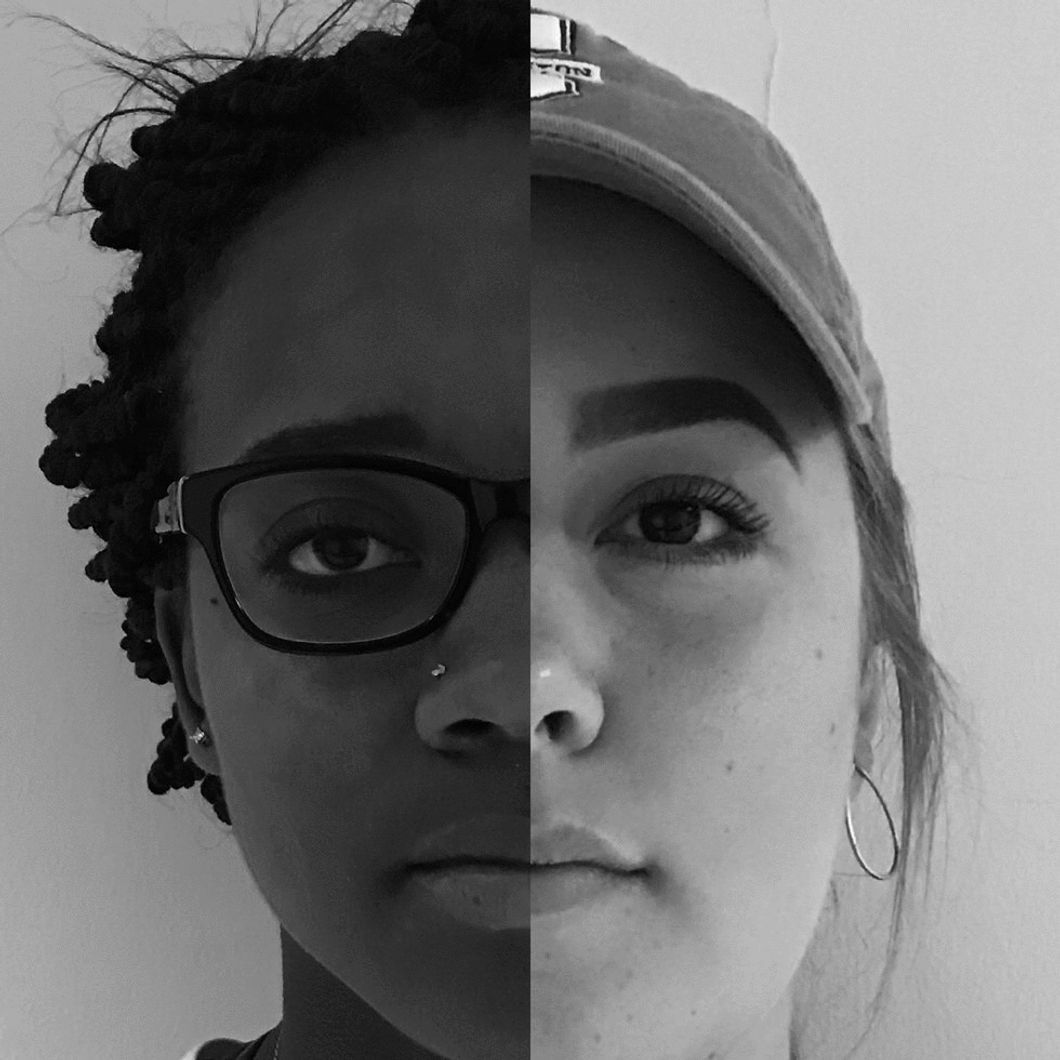Recently, a friend and I were having a debate about white privilege and the extent to which it continues to exist in America. I was defending the position that white privilege continues to cause economic divisions in America, while my friend posited that white privilege should be reframed as an "upper-class privilege." One of the most profound points that he made during his argument was "I don't want to be inadvertently racist. If there is a minority that will do a job better, cheaper, and more efficient than me, I'd want them to get the job over me any day."
I believe that this point sums up the position that most people have towards white privilege. White privilege can be a hard concept to accept if, like most rational people, you are personally not racist and believe that the majority of business owners, politicians, and everyday people are also not racist. However, white privilege does not necessarily originate from modern racism alone. Rather, white privilege has more to do with the after-effects of racist policies of the past creating economic disparities that continue to this day.
Let me begin by conceding one point: white privilege is not nearly as vast as it was 100 years ago. It is not even as wide as it was 50 years ago. At the time, there was a matrix of systemic racism and oppression that created a noticeable white privilege in the past, most noticeably in the Pre-Civil War and Jim Crow-era South.
However, these racist policies created impacts which have outlasted the policies themselves but continue to cause economic divisions among racial lines in society. This is especially true in regards to how much faster and easier social momentum is for whites than for blacks, meaning that it is easier for a white family to rise through social classes than a black family.
Wealth accumulation is the cornerstone of social momentum. True wealth accumulation comes from practical investments that can be passed through generations and grow wealth exponentially. Wealth begets wealth. When you already start with an advantage, it becomes that much easier to increase your wealth and thus increase the advantage that your future generations will have.
The two main investments that have demonstrable impacts on improving the lives of a person's children are investments in education and property. The more educated the parents, the higher the quality of life for the child and the higher the likelihood that the children will achieve a higher education. Property is an asset that generally appreciates and generates wealth and a line of credit for future generations.
Racist policies of yesteryear have thus stalled the chances of minorities to generate transferable wealth to future generations in the form of accumulated assets. Jim Crow regulations generally impacted the rights of blacks to make investments in areas that would improve their lives and the lives of their children. Policies which restricted minority rights to education and investment constricted the ability to minority families to accumulate wealth that would then lift their future generations to higher social classes.
This problem is then exasperated by modern policies which favor investment over-taxed income, subsidize mortgages, and prioritize private sector developers over workers. Because minorities have only had the ability to truly accumulate wealth for two or three generations while whites have been able to do this since the beginning of America, these policies have created noticeable economic divisions that straddle racial divides.
However, this does not mean that lifting up minorities out of poverty and overcoming white privilege is impossible. Far from it. White privilege has been shrinking as minorities have won more and more rights and racial divides have become less and less formal. Increasing minority access to education, loans, and investment opportunities can help overcome the divisions created by the past.
In addition, recognizing the historical causes of white privilege and admitting that it still has an impact on society will help overcome the inherent bias and allow policymakers to recognize how their policies could impact the divides that already exist in America. By working together, we can continue to strive for an America that is free, fair, and open to all. After all, isn't that what the American dream is really about?





 Lumiere figure at the Disney Store at the Ala Moana Shoppi… | Flickr
Lumiere figure at the Disney Store at the Ala Moana Shoppi… | Flickr








 StableDiffusion
StableDiffusion StableDiffusion
StableDiffusion 10. Extra BlanketsJuwenin Home 100% Cotton Knitted Throw Blanket
10. Extra BlanketsJuwenin Home 100% Cotton Knitted Throw Blanket StableDiffusion
StableDiffusion StableDiffusion
StableDiffusion File:Kishlaru familie.jpg - Wikimedia Commons
File:Kishlaru familie.jpg - Wikimedia Commons Photo by Hanna Balan on Unsplash
Photo by Hanna Balan on Unsplash StableDiffusion
StableDiffusion black blue and yellow round illustrationPhoto by
black blue and yellow round illustrationPhoto by 





 woman holding glass jar
Photo by
woman holding glass jar
Photo by 








